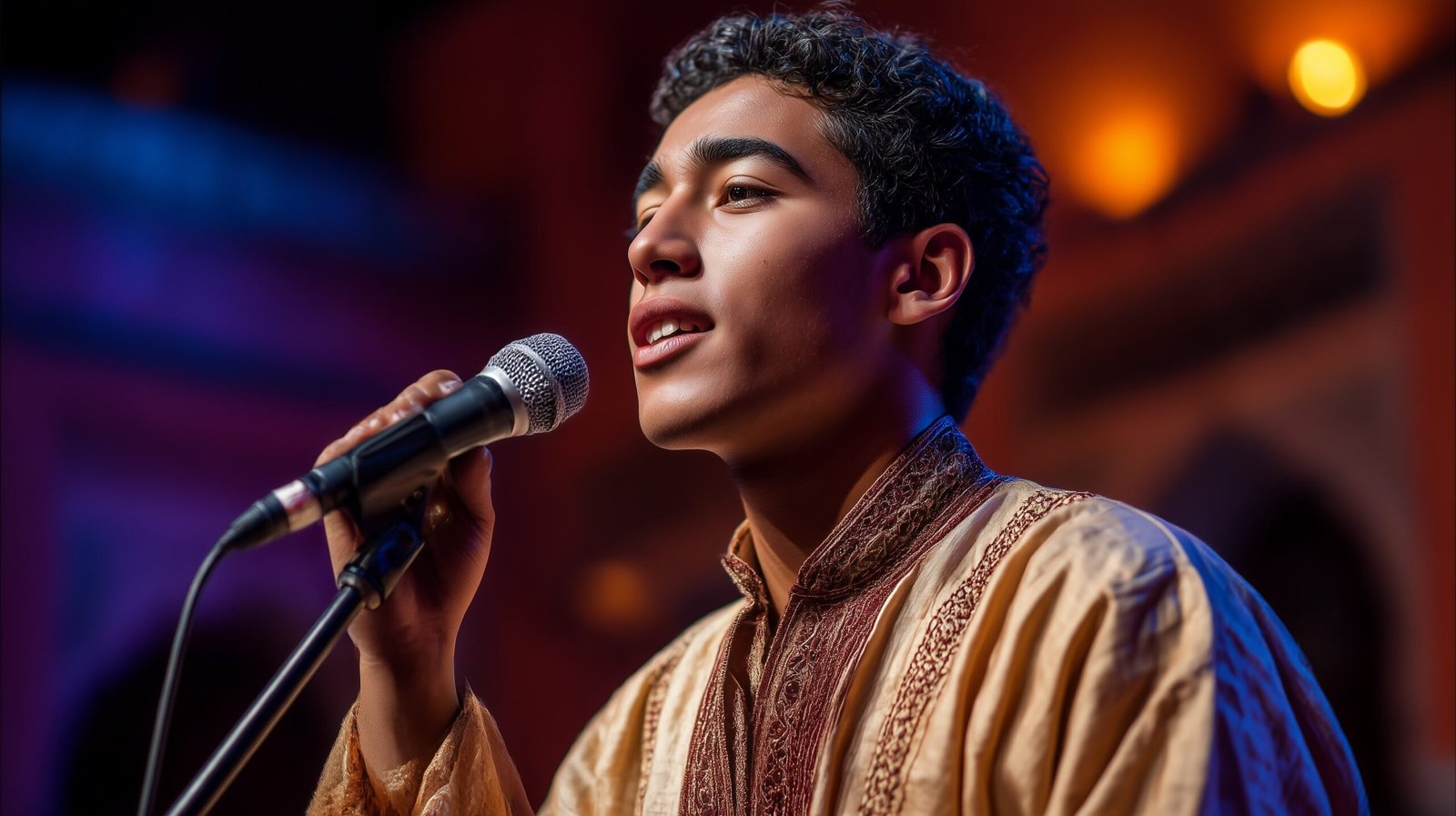Gnaoua Festival in Essaouira
Essaouira doesn’t whisper. It sings, rattles, and stomps. Especially in June, when the Gnaoua Festival rolls into town like a swirling dervish with a suitcase full of drums, lutes, and cosmic vibrations. You can hear it before you see it. The bassy throb of the guembri, the clatter of qraqeb (metal castanets that sound like a pocketful of tambourines getting into a street brawl), the call-and-response chants that feel ancient and electrifying all at once. The whole city seems to rise and sway in rhythm. It’s not a music festival. It’s a trance. A ceremony. A full-body experience with sand in your shoes and joy in your spine. And yes, you’ll probably cry at least once.
The Gnaoua Festival in Essaouira is many things. It’s a meeting of worlds, where ancient African spiritual music meets jazz, rock, funk, flamenco, and anything else that decides to crash the party. Musicians from Mali to Marseille, New York to Rabat, all turn up for the jam session of a lifetime. It’s Woodstock with fewer flower crowns and more djellabas. You don’t come to watch. You come to dissolve.
Gnaoua music itself is a bit of a time traveller. Rooted in the rituals of enslaved West Africans brought to Morocco centuries ago, it’s a genre born from pain and resilience, shaped by spiritual practice and ecstatic celebration. The Gnaoua brotherhoods (yes, they’re actual spiritual brotherhoods) use music to communicate with spirits, to heal, to remember. And that healing energy hits differently when it’s blasting out of an amp on Essaouira’s beach at sunset.
Essaouira, by the way, is the perfect host. This wind-battered Atlantic port city has always been a little bit mystical and a little bit punk. Jimi Hendrix allegedly popped by in the ’60s, possibly chased a few goats, possibly wrote a song, definitely contributed to the mythos. The medina is all crumbling blue shutters, cats lounging in improbable places, and the salty scent of sardines mingling with sandalwood incense. During the Gnaoua Festival, the whole place transforms into a musical organism. Every square, alley, rooftop and café becomes a potential stage. You might start your day sipping mint tea in a riad and end it dancing barefoot under the stars with a hundred strangers and one confused dog.
What makes this festival weirdly wonderful is that it’s not confined to one big field with overpriced beer and portaloos. The music spills into the streets. You stumble upon performances like you’d find a pop-up food truck or a sudden rainbow. One moment you’re buying almonds, the next you’re in the middle of a drum circle that feels like it could summon rain. It’s chaotic. It’s soulful. It’s Morocco at its wildest and most welcoming.
Then there are the mashups. Oh, the mashups. Think a Gnaoua master jamming with a Cuban jazz pianist. Or a French saxophonist losing his mind alongside a troupe of Moroccan percussionists who clearly haven’t slept in 48 hours and are powered solely by music and mint tea. These collaborations don’t just work — they explode. They ripple through the crowd, setting off spontaneous bouts of dancing, ululating, and happy tears.
And while the music is undeniably the star, the Gnaoua Festival is also about connection. About eye contact with a stranger who’s vibing as hard as you are. About conversations that leap across languages, anchored only by rhythm. About kids on shoulders, elders clapping along, tourists wide-eyed, locals proud. It’s a place where you don’t need to know the words to feel part of the song.
There’s also a spiritual layer that sneaks up on you. Gnaoua is tied to Sufi rituals, and you can feel that sacred thread running through the festival. Some performances turn into full-blown lila ceremonies — all-night musical rituals meant to cleanse, to honour, to heal. It’s not for show. It’s real. And when you witness one, with the incense curling into the night air and the music moving in waves, it’s hard not to feel like something inside you just got dusted off.
Food helps too. Somewhere between the fourth performance and your second impromptu dance break, you’ll want to eat everything. The grilled fish is divine. The harira soup restores your soul. The msemen flatbreads with honey make you believe in carbs as a higher power. And the street vendors know that a well-fed dancer is a loyal dancer.
So you wander, you dance, you eat, you cry a little, you make friends with a guy from Tangier who insists you meet his cousin because he plays the oud like a dream. You fall in love with music you can’t name, with people you may never see again, with a place that feels like it’s always in tune with something older, wiser, funkier.
The Gnaoua Festival in Essaouira is not just a festival. It’s a reminder. That rhythm is a language. That history has bass. That joy is best when it’s shared, preferably under an open sky with the Atlantic wind in your hair and a guembri thumping somewhere in the distance.
Bring your heart, your feet, and maybe an extra charger. You’re going to need them.
